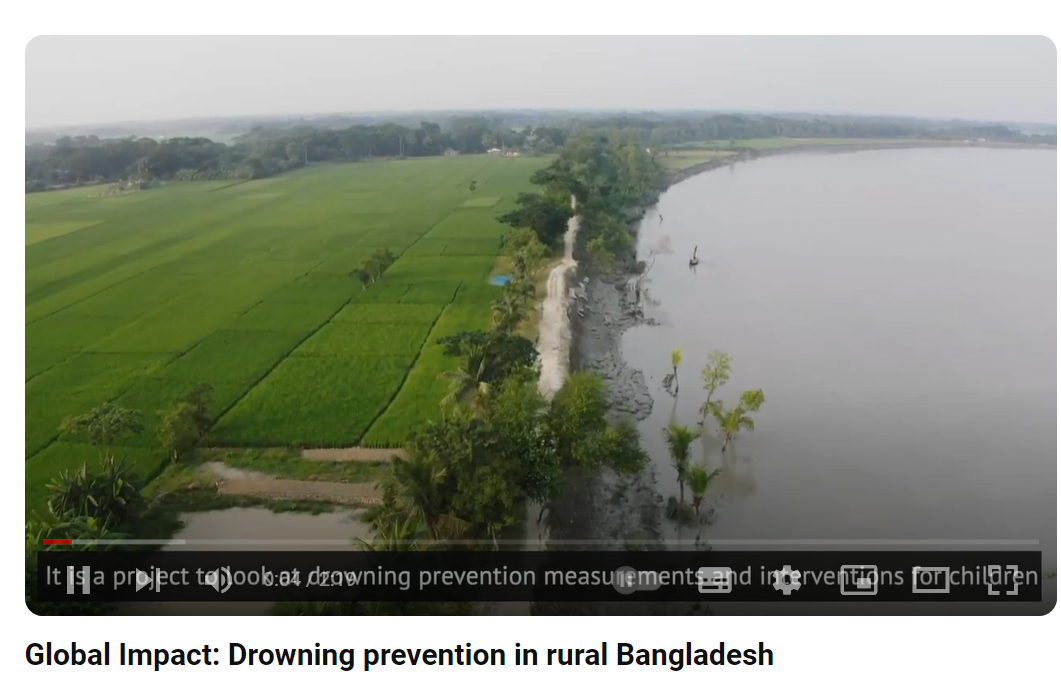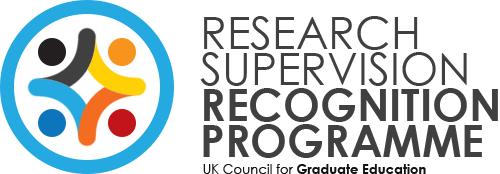Research Staff Coffee Break – The Place to Be!
On Thursday, 10 June, we held our second Research Staff Coffee Break and were delighted to welcome some new faces. We discussed recovering as a researcher from COVID-19-related disruption and lots of other topics. It’s always interesting to hear other people’s experiences, pick up tips, learn about each other’s research and meet colleagues with similar interests – even when we are working in different faculties and totally different specialities!
RSA Speed Networking
One intriguing suggestion was the idea of the RSA hosting ‘speed research networking events’ where attendees meet each other one-on-one in breakout rooms and present their research interests briefly. This could be a great first step in finding future collaborators and is in keeping with the university’s emphasis on inter-disciplinary research. In addition, we agreed that hearing about research from a wide range of disciplines and faculties fosters an exciting cross-fertilisation of ideas. We’re still considering this idea – but watch this space for future speed research coffee dating opportunities!
RSA Writing Workshop
We spent a lot of time talking about the need to publish, and agreed that making time to work on publications in a busy schedule is a constant challenge. One of the solutions that we considered was the idea of dedicated, regular (fortnightly or monthly) RSA writing workshops to create structured time and space to write. We thought this was a great suggestion and a very practical way of helping each other and the research community! We discussed whether we ought to conduct these face-to-face or online only; in the end, we agreed that a mixed or hybrid model would suit the needs of most people as all colleagues may not be able to be physically present on campus. In terms of the structure, we agreed on a 2-hour-long workshop with breaks in between.
So, we plan to host the first writing workshop on the afternoon of 29 June (1.30 pm – 4.30 pm). This is for anyone (PhD student, academic, full time researcher) who wants to/needs to write and would like to do that in the company of colleagues from across the university. If you would like to attend, please find the Zoom meeting link / log in details below.
Join Zoom Meeting
https://bournemouth-ac-uk.zoom.us/j/87978735999?pwd=aG5qN0xBb1ZjZVkxVmI1RkRSVUNPdz09
Meeting ID: 879 7873 5999
Passcode: 9t@BPf1M
RSA Feedback Survey
As the RSA, we want to run events that are helpful for you as researchers at BU. If you have 5 minutes to spare, it would be great if you could fill out our survey so that we can make sure the RSA is putting on events which you would find useful – please click the link (it should only take 5 minutes to complete):
RSA Representatives Contact Details
If you would like to contact any of the RSA reps to discuss any issues confidentially, our contact details are below:
University Research Staff Reps:
Michelle Heward mheward@bournemouth.ac.uk
Ashok Patnaik apatnaik@bournemouth.ac.uk
Faculty of Health & Social Science:
Preeti Mahato pmahato@bournemouth.ac.uk
Rachel Arnold rarnold@bournemouth.ac.uk
BU Business School:
Rafaelle Nicholson rnicholson@bournemouth.ac.uk
Ashok Patnaik apatnaik@bournemouth.ac.uk
Faculty of Media & Communications:
Oliver Gingrich gingricho@bournemouth.ac.uk
Ethzaz Chaudhry echaudhry@bournemouth.ac.uk
Faculty of Science & Technology:
Kimberley Davies daviesk@bournemouth.ac.uk
 This week our collaborators on the Sonamoni project traveled from Bangladesh and Uganda to Dorset for a set of research planning meetings. The visitors represented CIPRB (The Centre for Injury Prevention and Research, Bangladesh) and DWB (Design without Borders). They were hosted by colleagues from Bournemouth University, the RNLI (Royal National Lifeboat Institute) and from the University of Southampton. Since Monday we managed to have an intensive week of design workshops, reviewing and incorporating local-community prioritised interventions for child drowning prevention (aged <2years) in Bangladesh. I say ‘we managed’, but I have been at home all week with COVID-19. The past few days I was beginning to feel quite well again, so I was unpleasantly surprised that I was still positive when I tested yesterday, and even more so this morning. Consequently, missing the whole week working with our visiting collaborators.
This week our collaborators on the Sonamoni project traveled from Bangladesh and Uganda to Dorset for a set of research planning meetings. The visitors represented CIPRB (The Centre for Injury Prevention and Research, Bangladesh) and DWB (Design without Borders). They were hosted by colleagues from Bournemouth University, the RNLI (Royal National Lifeboat Institute) and from the University of Southampton. Since Monday we managed to have an intensive week of design workshops, reviewing and incorporating local-community prioritised interventions for child drowning prevention (aged <2years) in Bangladesh. I say ‘we managed’, but I have been at home all week with COVID-19. The past few days I was beginning to feel quite well again, so I was unpleasantly surprised that I was still positive when I tested yesterday, and even more so this morning. Consequently, missing the whole week working with our visiting collaborators.


 This RKEDF session aimed at researchers at all career stages, and will give you the tools to help you entify the organisations, groups and people who could either benefit from your research, or be able to influence or facilitate impact arising from it.
This RKEDF session aimed at researchers at all career stages, and will give you the tools to help you entify the organisations, groups and people who could either benefit from your research, or be able to influence or facilitate impact arising from it.





 The Science, Health, and Data Communications Research Group will be conducting a series of workshops to start off the new year, designed to help Bournemouth researchers form new networks and collaborative projects around educating and communicating research to the public.
The Science, Health, and Data Communications Research Group will be conducting a series of workshops to start off the new year, designed to help Bournemouth researchers form new networks and collaborative projects around educating and communicating research to the public.











 Dr. Ashraf cited on ‘Modest Fashion’ in The Guardian
Dr. Ashraf cited on ‘Modest Fashion’ in The Guardian NIHR-funded research launches website
NIHR-funded research launches website Academics write for newspaper in Nepal
Academics write for newspaper in Nepal New paper published on disability in women & girls
New paper published on disability in women & girls MSCA Postdoctoral Fellowships 2025 Call
MSCA Postdoctoral Fellowships 2025 Call ERC Advanced Grant 2025 Webinar
ERC Advanced Grant 2025 Webinar Horizon Europe Work Programme 2025 Published
Horizon Europe Work Programme 2025 Published Horizon Europe 2025 Work Programme pre-Published
Horizon Europe 2025 Work Programme pre-Published Update on UKRO services
Update on UKRO services European research project exploring use of ‘virtual twins’ to better manage metabolic associated fatty liver disease
European research project exploring use of ‘virtual twins’ to better manage metabolic associated fatty liver disease